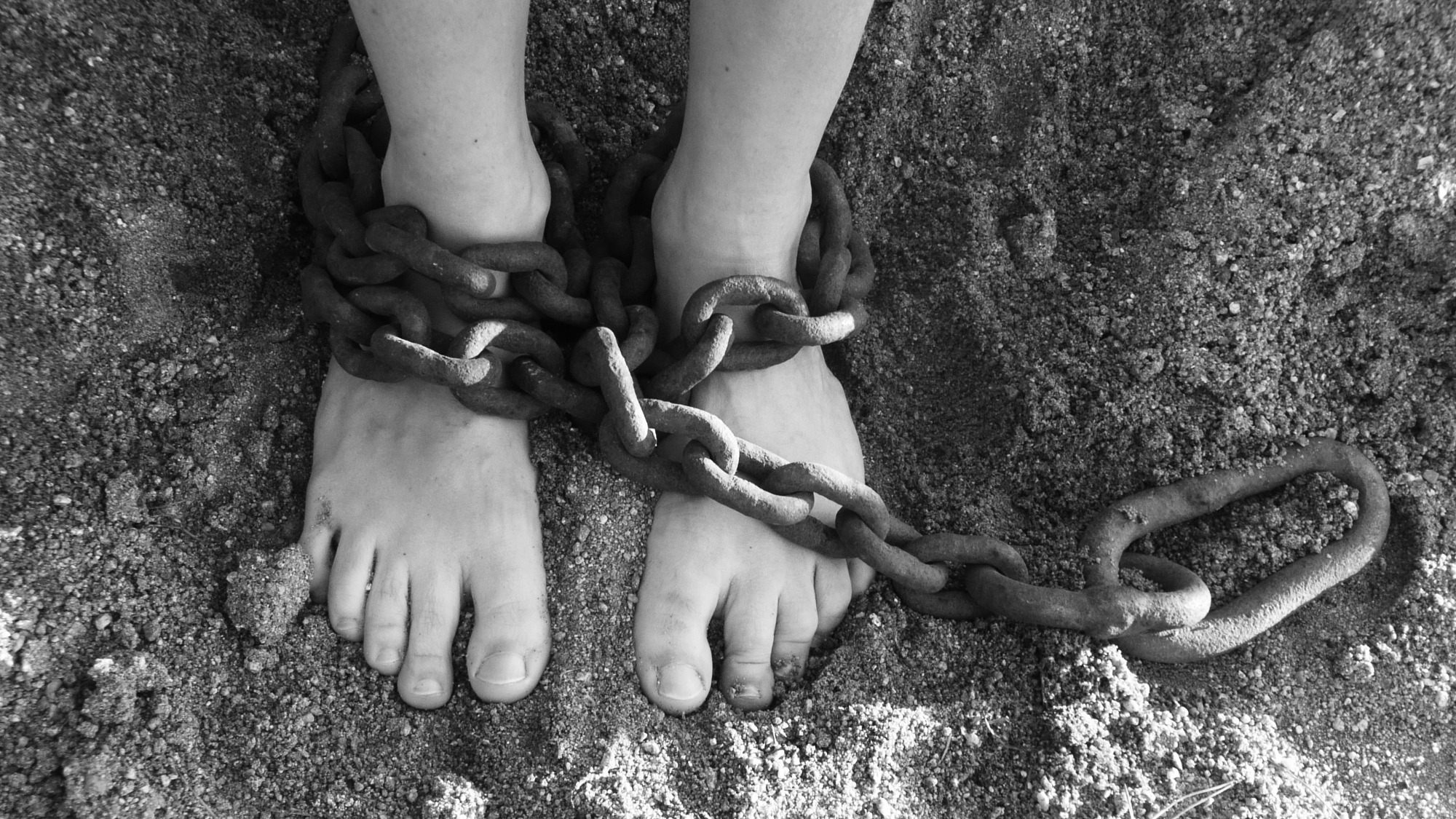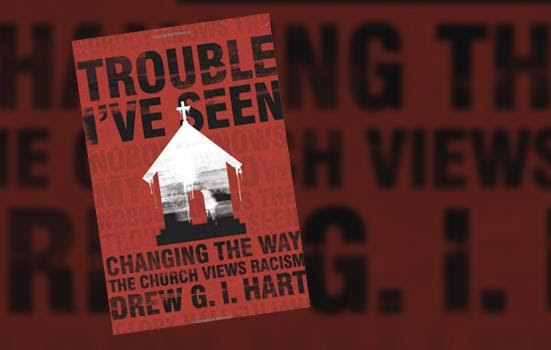Trouble I've Seen, Part 1: Horizontal and Vertical Racism
This post is part one of a series of topical thoughts inspired by the book Trouble I’ve Seen: Changing the Way the Church Views Racism by Drew G. I. Hart.
One of the first things that jumped out to me reading Trouble I've Seen by Drew G.I. Hart, is how he distinguishes "horizontal" racism and "vertical" racism. Horizontal is inter-relational. It's what we think of when we are quick to the defense of, "I'm not racist!" because we have social proximity to other races. On that scale, you probably aren't racist in this sense. Relationally, you consider others on equal footing.
But vertical racism is something different altogether. Vertical racism isn't relational, it's structural. While you might have black friends (horizontal defense), those friends live at a lower rung on the cultural ladder. So maybe you're not personally racist horizontally, but do you recognize your privileged position vertically? So when someone argues, "That's racist!" we get defensive and take it personally when it's the vertical systemic issues that are being addressed.
For example, just a couple minutes ago in my FB feed someone posted about a Black Graduation put on by "Black College Expo". Someone snidely commented, "That's racist! If there was a white graduation people would flip out!" That comment ignores the vertical racism that exists in education and college admission. It also ignores who is putting this on when there are similar organizations and events for Christian colleges, women promoting specific fields (such as Society of Women Engineers), legacy organizations (like Daughters of the American Revolution), and so on. So the overreaction reveals a personal vertical racism that we're often blind to.
Biblically, when I think of vertical racism, I think of justice. Justice, simply defined, is 'getting what one deserves.' But biblical justice kicks this up a notch – it is related to the principle of shalom, or peace, and includes mutual flourishing. Biblical justice is more than getting what one deserves, it is 'getting what God intends.' Watch this video to see what I mean.
Keep Reading
Trouble I've Seen, Part 2: The Race CardTrouble I've Seen, Part 3: Critical Race Theory (CRT)
Trouble I've Seen, Part 4: Projections of Jesus
Trouble I've Seen, Part 5: Confirmation Bias




Comments
Post a Comment